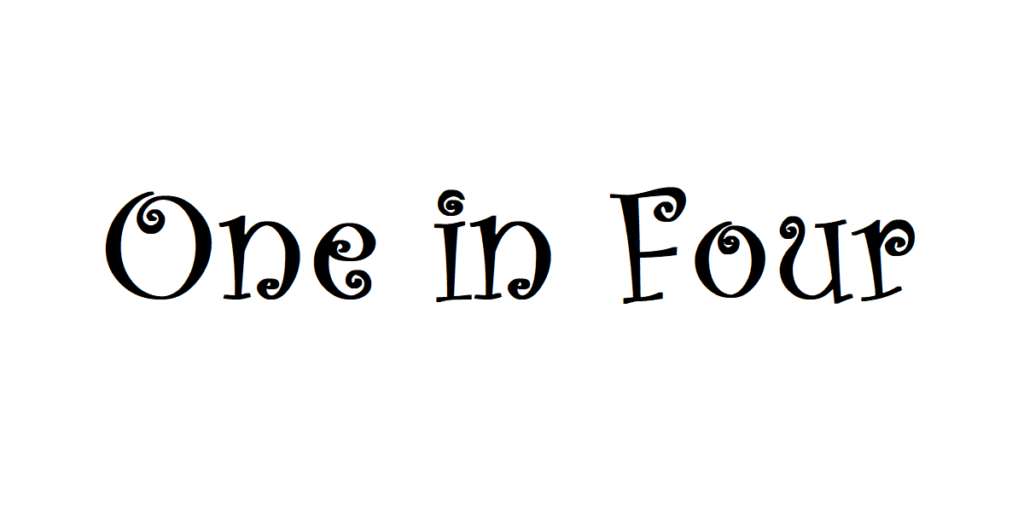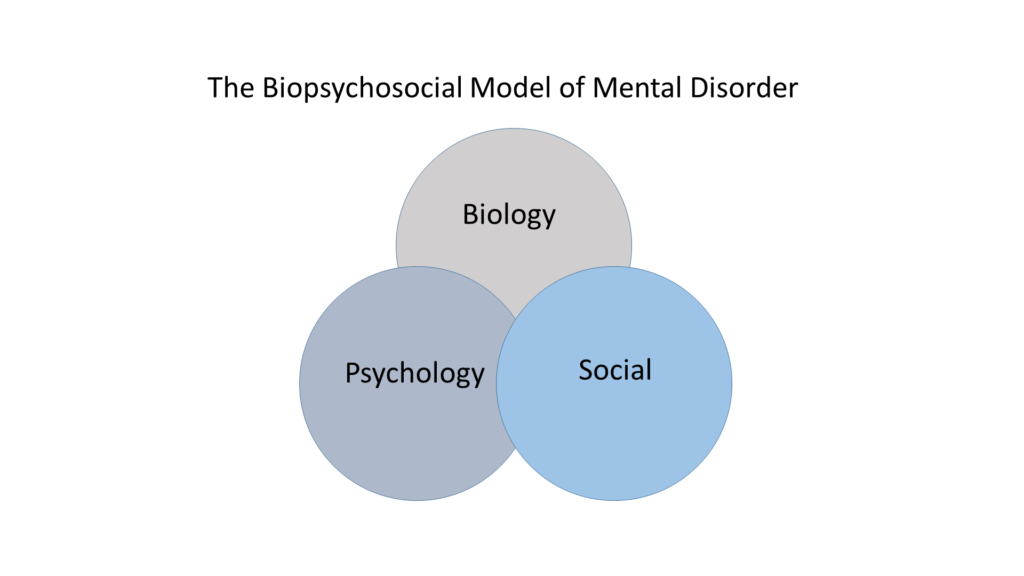
Caroline
‘I am’ Versus ‘I have’ Versus ‘I Suffer from’ Versus ‘I was Labelled with’ a Mental Illness

Why You Should Never Say “I am…” or “I have…”
Often times we hear:
“I am Schizophrenic”
Note that for the mental illnesses that we deal with, this adjective is extremely stigmatising. We often hear that people have an illness such as:
“I have depression”
“I have anxiety”
“I have an eating disorder”
“I have a personality disorder”
What is it to have a mental illness?
Definition: to have:
to own; possess: to contain as a part, characteristic, attribute, etc.
We are labelling ourselves when we say we have a mental illness. We are saying that the symptoms are a part of us, we are affected by and inflicted with it. It’s like an entity that has leeched onto us and now we ‘have it’, it is imposed upon us and it’s the illness that is affecting us. What if, it was our Higher selves that is calling us to become the best person we could be? What if it was the Universe pushing us into a dark cocoon so we could metamorphise into butterflies? What if it ourselves, our own and other peoples choices and decisions in life that led us to it? We don’t consider this when we say we have a mental illness. The medical profession looks at symptoms as if they are entities onto themselves and say because we have them we have the mental illness. But what caused the symptoms? Is it as simple as being chemical imbalances? Yes, in some cases, it is, and medication can correct it, but in many cases, no, it was certain life circumstances that led to a mental illness. It is our thoughts and negative memories of the past, and negative visions of the future that lead to it.
Why You Should Never Say “I suffer from…”
Believe me I know in some cases, the struggle is real! It does indeed feel like you are suffering, and in such cases, yes, it can feel freeing to be open and honest and say, “I suffer from a mental illness,” however, for many of us, we experience highs, lows and middles. That’s not to say that the mental illness comes and goes, but some times, even if for a short while, we feel ok. For us to say we ‘suffer from X’ we are limiting ourselves.
What does Suffering Mean?
Definition: to suffer:
to undergo or feel pain or distress;
to endure or experience unpleasantness, a disease, or a health condition.
What is it to Endure?
Definition: to endure:
to hold out against; sustain without impairment or yielding;
To carry on through, despite hardships;
Do we want to endure our mental illness, or do we want to overcome and recover from our mental illness?
For us to endure our mental illness is for us to acknowledge and recognise that we have a problem or issues, and to carry on with our lives despite it. It sounds good on the surface, but can you see how it’s almost like one is saying, “Yes, I have it, but I’m going to ignore it and keep on going.” Not only that, but the language ‘suffer’ leads to feelings of sympathy and pity, “Oh you suffer from schizophrenia? Poor you.” No! Not poor me! A poverty state of mind from yourselves or by others will not help us recover. In the beginning, yes, we need all the sympathy and understanding that we can get, but as time goes on, what are we doing about it? How are we counteracting our symptoms to aid us in our recovery? Are we just going to remain stuck in our mental illnesses and continue to that we suffer from it? We cannot do this!
Why We Don’t Want to Ignore Our Problems
We don’t want to ignore it and ‘just keep going’, we want to confront it. We want to discover the root cause so it can go away and we don’t have to endure anything at all! We want to recover and live full lives without it! Do you see what I’m saying? So to say that we suffer from a mental illness, we are taking it on and enduring it. When we say we suffer from X, it’s almost like a permanent state, we are resigned to it.
What do you feel about it? Do you mind these terms? Am I reaching? Let me know in the comments below.







Responses